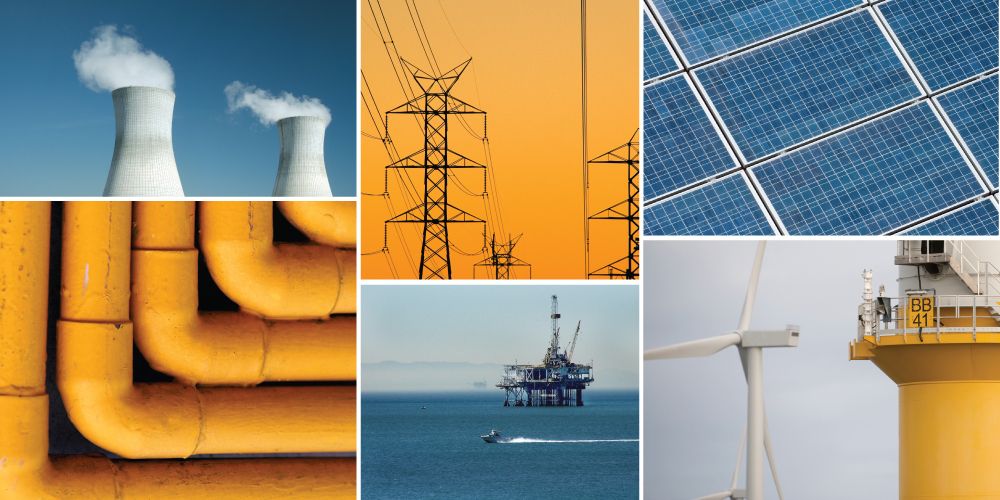
Summary
SESSION I – Financing the world’s low-carbon transition
Conversation with James Hansen
SESSION II – The energy landscape 15 years from now
SESSION III – Fixing Europe’s electricity market(s)
About
With negotiations to seal the much hoped-for global climate agreement in their final leg, Friends of Europe’s 12th annual Climate and Energy Policy Summit will discuss the main challenges ahead for global leaders in view of ensuring affordable and secure energy in line with reducing CO2 emissions. Questions will include:
- Will the new global climate agreement force businesses to shift their investment decisions?
- What is the best way to finance the world’s low-carbon transition?
- What new policies, technologies and actors will shake up the energy landscape in the years to come?
- How different will the global energy-mix be in 2030 and where will gas, oil and coal fit into the low-carbon future?
- What reforms are needed to fix Europe’s electricity market(s)?
This summit has a long-standing reputation as the ‘must-attend’ conference in Brussels and top-level personalities have always joined this platform as speakers. The few hundred participants will include EU and national policymakers, senior officials from international organisations, business representatives, NGO leaders, experts from the academic world and members of the international press from Brussels and throughout Europe.
IMAGE CREDIT: CC / FLICKR – hijukal – Gary Chancey – arbyreed – The Danish Wind Industry Association – Pulpolux – IIP Photo Archive
Schedule
Now that the preparatory negotiations for the UN Paris conference are entering their final stages, attention is turning to financing the low-carbon transition without imposing unnecessary costs on private and business consumers and without endangering different countries’ energy security. The International Energy Agency has put the world’s total energy supply and energy efficiency investment needs by 2035 at a massive $53tn if the 2oC climate change target is to be met, a third of that amount needed to finance the development of low-carbon technologies. Yet so far there are few signs that today’s policies and market signals will make the existing energy investment trends more sustainable with the necessary speed and scale. Will the new global climate agreement force businesses to shift their investment decisions? What is the outlook for the fossil fuel divestment movement and would it necessarily lead to increased investment in clean energy? Which policies, ranging from emissions trading to taxation or subsidising energy sources, have proved most effective in leveraging private sector low-carbon investment? What innovative financing mechanisms and business models, such as green bonds or yieldcos, could help tap new sources of capital? How can industrialised countries work with less developed ones to embrace sustainable growth and shift away from the most carbon-intensive energy sources? And how should the new Paris agreement be to allay competitiveness concerns, should it aim for truly international solutions, like the linking of carbon markets or a global carbon tax?
Featuring
Carole Dieschbourg
Ministry of Sustainable Development and Infrastructure, Luxembourg and 2017 European Young Leader (EYL40)
Janos Pasztor
UN Assistant Secretary-General on Climate Change
Alan Synnott
Director of BlackRock Infrastructure Investment Group within BlackRock Alternative Investors (BAI)
Jonathan Taylor
Vice President for Climate and Environment at the European Investment Bank (EIB)ice President for Climate and Environment at the European Investment Bank (EIB)
Moderated by
Shada Islam
Managing Director at New Horizons Project
The ongoing shifts in geostrategic power balances, successive revolutions in energy supply-and-demand, and volatile energy prices that are turning energy markets into casinos, are making the future course of energy markets hard to predict. But whatever the future holds, technological advances in the energy sector, combined with the political momentum for climate change, are certain to shake up the energy landscape as we know it today. What policies and which countries will drive global innovation in the energy sector, and where will Europe fit into this race? What new and unsuspected business actors could emerge, perhaps to take the lead? What disruptive technologies are likely to have the greatest impact on the world energy picture, and what elements will alter the competitive environment over the next 15 years? With electricity storage and battery technologies widely seen as imminent game-changers, what breakthroughs should be expected in the power and transport sectors? How different will the global energy mix be in 2030, and where will gas, oil and coal fit into the low-carbon future that is becoming a global goal? What are the unintended but potentially adverse consequences that switching to renewable energy sources and ’green’ technologies might bring; can it lead to a new minerals import dependency trap? And how could the current deadlocks barring the way to greater energy efficiency be overcome?
Featuring
Kamel Ben Naceur
Director for Sustainable Energy Policy and Technology at the International Energy Agency (IEA) and former Tunisia Minister for Industry, Energy and Mines
Sonja Chirico Indrebø
Senior Vice President for Strategy at the New Energy Solutions of Statoil
John Cooper
Executive Director of FuelsEurope
Seb Henbest
Head of Europe, Middle East & Africa at Bloomberg New Energy Finance (BNEF)
Moderated by
Shada Islam
Managing Director at New Horizons Project
Siobhan Hall
Senior Editor for EU energy policy at Platts
Europe’s electricity sector urgently needs to be redesigned. The EU’s self-imposed deadline for completing the internal energy market expired last year, leaving Europe still with 28 electricity markets that are fragmented by divergent national energy policies, not properly connected to their neighbours and hit by weak competition. Consumers have too little control over their energy use, and Europe’s energy infrastructure, meanwhile, is ageing and has not been adequately adapted to the low-carbon transition. Mismatches between power shortages and oversupply, together with continuing regulatory uncertainties, mean there has been an EU-wide standstill in vitally important energy investment. What reforms are now needed to fix these problems and why are the policies that could provide the right price signals to encourage the necessary investment still lacking? What new market design would enable the integration of low-carbon generation technologies? How should policymakers secure generation adequacy while ensuring that markets and fair competition are not distorted and that heavier financial burdens aren’t placed on consumers? Is there a need for capacity mechanisms, or can security of supply be reached through cross-border interconnectivity, trading arrangements and storage capacity? How best can the EU’s 15% interconnection target be met and will it end up with ‘energy islands’? How can consumers be empowered to manage their energy use? Where is the EU’s Energy Union now heading, and how can it be used to encourage a greater coordination of national energy strategies?
Featuring
Marie-Pierre Fauconnier
Chairwoman of the Belgian National Regulatory Authority for Energy (CREG)
Fredrick Federley
Member of the European Parliament Committee on Industry, Research and Energy and Substitute of the Committee on the Environment, Public Health and Food Safety
Michel Matheu
Head of EU Strategy at Electricité de France (EDF)
Simon Skillings
Senior Associate at Third Generation Environmentalism (E3G)
Mechthild Wörsdörfer
European Commission Deputy Director-General for Energy (DG ENER)
Moderated by
Shada Islam
Managing Director at New Horizons Project
Siobhan Hall
Senior Editor for EU energy policy at Platts
Speakers
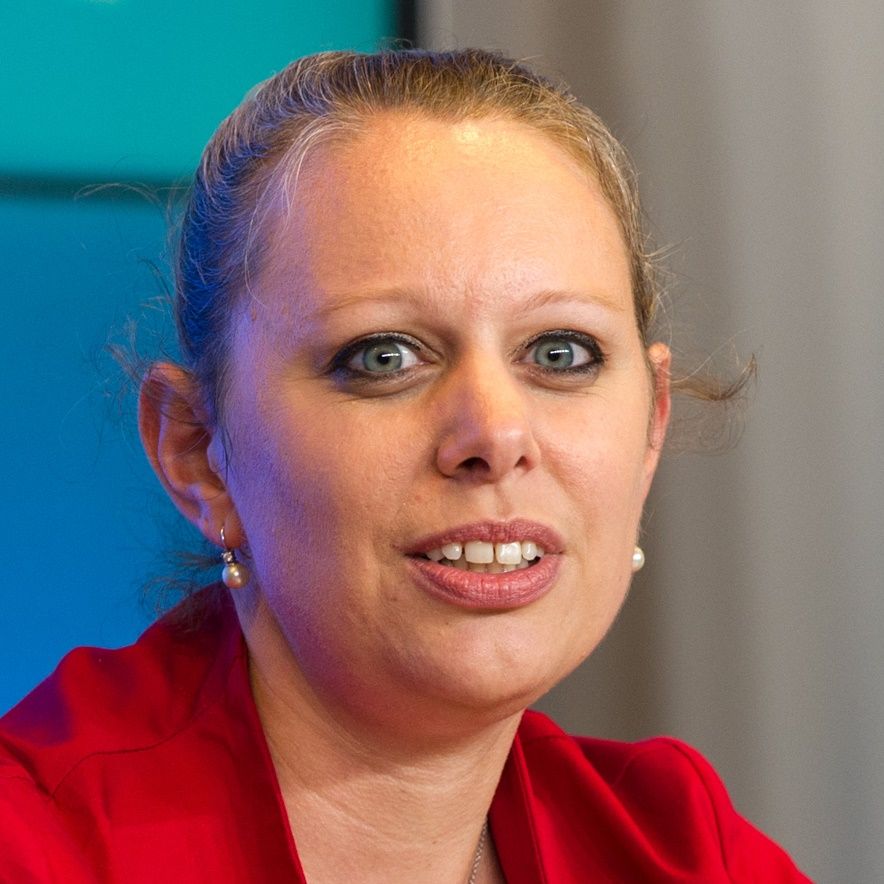
Ministry of Sustainable Development and Infrastructure, Luxembourg and 2017 European Young Leader (EYL40)
Carole Dieschbourg served as a municipal councillor in Echternach from 2011 to 2013, when she was appointed to the government as Minister of the Environment. At the time she was the youngest member of the cabinet and the only Green Minister of the Environment in Europe. Carole represented the European Union during the United Nations Conference on Climate Change (COP21) in Paris, which coincided with Luxembourg’s Presidency of the EU Council. Her role was to ensure that the EU had a coordinated position during the conference. In the run-up to the COP21, she also represented the EU at many bilateral meetings and high-level conferences such as the Petersberg Climate Dialogue and the Major Economies Forum on Energy and Climate (MEF).
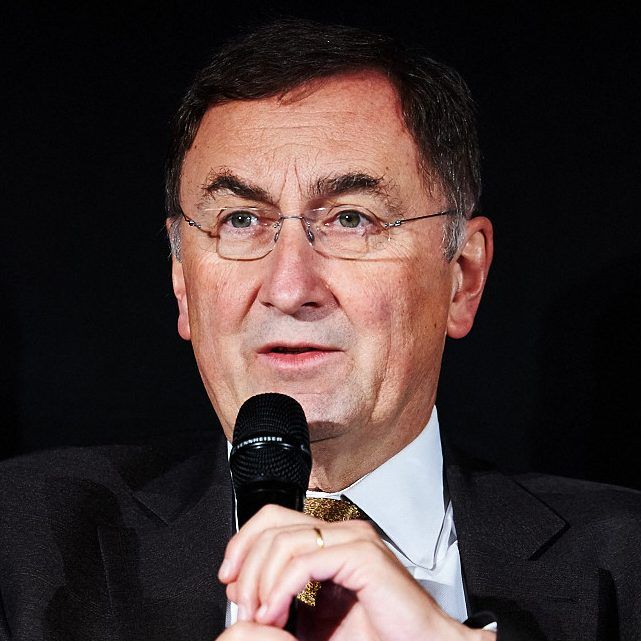
UN Assistant Secretary-General on Climate Change

Director of BlackRock Infrastructure Investment Group within BlackRock Alternative Investors (BAI)

Top US climate scientist and head of NASA’s Goddard Institute for Space Studies (1981-2013)
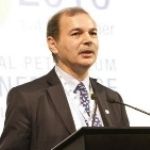
Director for Sustainable Energy Policy and Technology at the International Energy Agency (IEA) and former Tunisia Minister for Industry, Energy and Mines
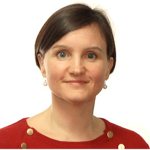
Senior Vice President for Strategy at the New Energy Solutions of Statoil

Executive Director of FuelsEurope
John Cooper has extensive experience of the private energy sector. He worked for 27 years at BP, where he held several commercial, technical and policy leadership roles, most recently leading BP’s strategy for compliance with renewables and GHG regulation in European transport fuels. In April 2015, he was appointed Director General of FuelsEurope and Concawe, representing the interest of 40 companies operating refineries in the EU.

Head of Europe, Middle East & Africa at Bloomberg New Energy Finance (BNEF)

Chairwoman of the Belgian National Regulatory Authority for Energy (CREG)

Member of the European Parliament Committee on Industry, Research and Energy and Substitute of the Committee on the Environment, Public Health and Food Safety

Head of EU Strategy at Electricité de France (EDF)
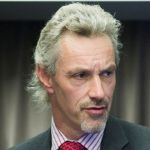
Senior Associate at Third Generation Environmentalism (E3G)
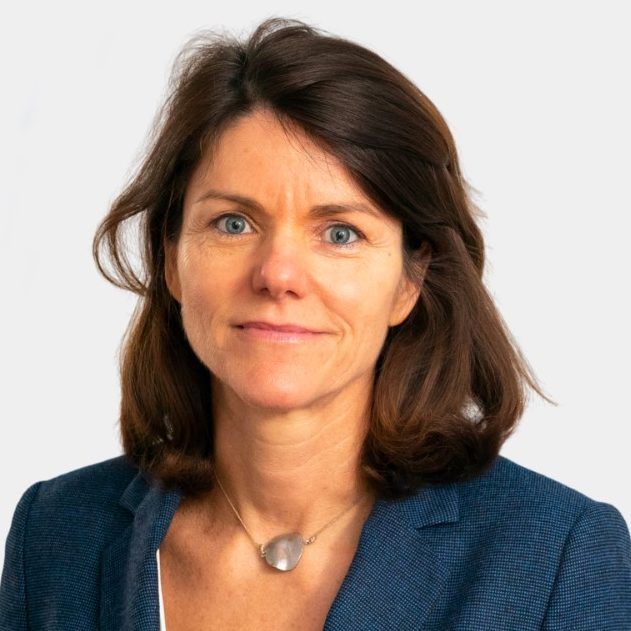
European Commission Deputy Director-General for Energy (DG ENER)
Mechthild Wörsdörfer is Deputy Director-General at the European Commission’s DG Energy, where she is in charge of the coordination of the just and green energy transition. This includes steering the work on REPowerEU, accelerating the deployment of renewables and energy efficiency measures and ensuring the EU’s security of supply. Wörsdörfer is also responsible for the relations with the Energy Community, and steers the bilateral relations with Ukraine, Moldova, Switzerland and the United Kingdom. Prior to this, Wörsdörfer was the director responsible for sustainability, technology and outlooks at the International Energy Agency (IEA); and held various roles at DG Energy, including director in charge of renewables, research and innovation, energy efficiency; and director for energy policy, international relations, legal aspects and economic analysis. Previously, she was head of Unit on the 2030 Energy and Climate Framework and served in the Cabinet of Erkki Liikanen, former European commissioner for Enterprise Policy and Information Society.
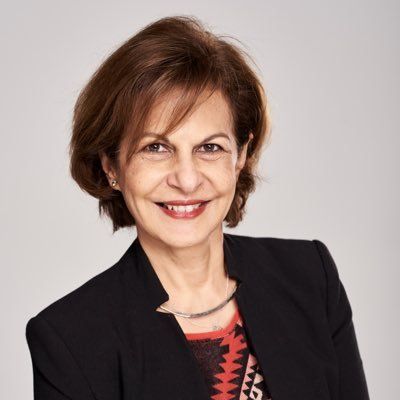
Managing Director at New Horizons Project
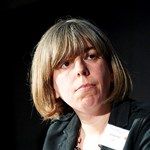
Senior Editor for EU energy policy at Platts
Activities
Climate and Energy Summit 2025
Next event In person & livestreamed

- Area of Expertise
- Climate, Energy & Natural Resources
European Oceans Pact: is maritime transport on board?
Past event In person & livestreamed

- Area of Expertise
- Climate, Energy & Natural Resources
Staying the course: driving sustainability forward in a shifting…
Past event In person & livestreamed

- Area of Expertise
- Climate, Energy & Natural Resources
Navigating risks and enhancing resilience: charting Europe’s energy and…
Past event In person & Livestreamed

- Area of Expertise
- Climate, Energy & Natural Resources
Adaptation without mitigation is nonsense
- Category
- #CriticalThinking
- Author
- By Heïdi Sevestre
Policy Voices | Overcoming Polarisation: can communities shape the green…
- Category
- Podcast
- Area of Expertise
- Climate, Energy & Natural Resources
Energy prices coming down – is Europe on the right track?
- Category
- #CriticalThinking
- Author
- By Andris Piebalgs
Europe’s blackouts call for a NATO-level response
- Category
- #CriticalThinking
- Author
- By Maurizio Geri
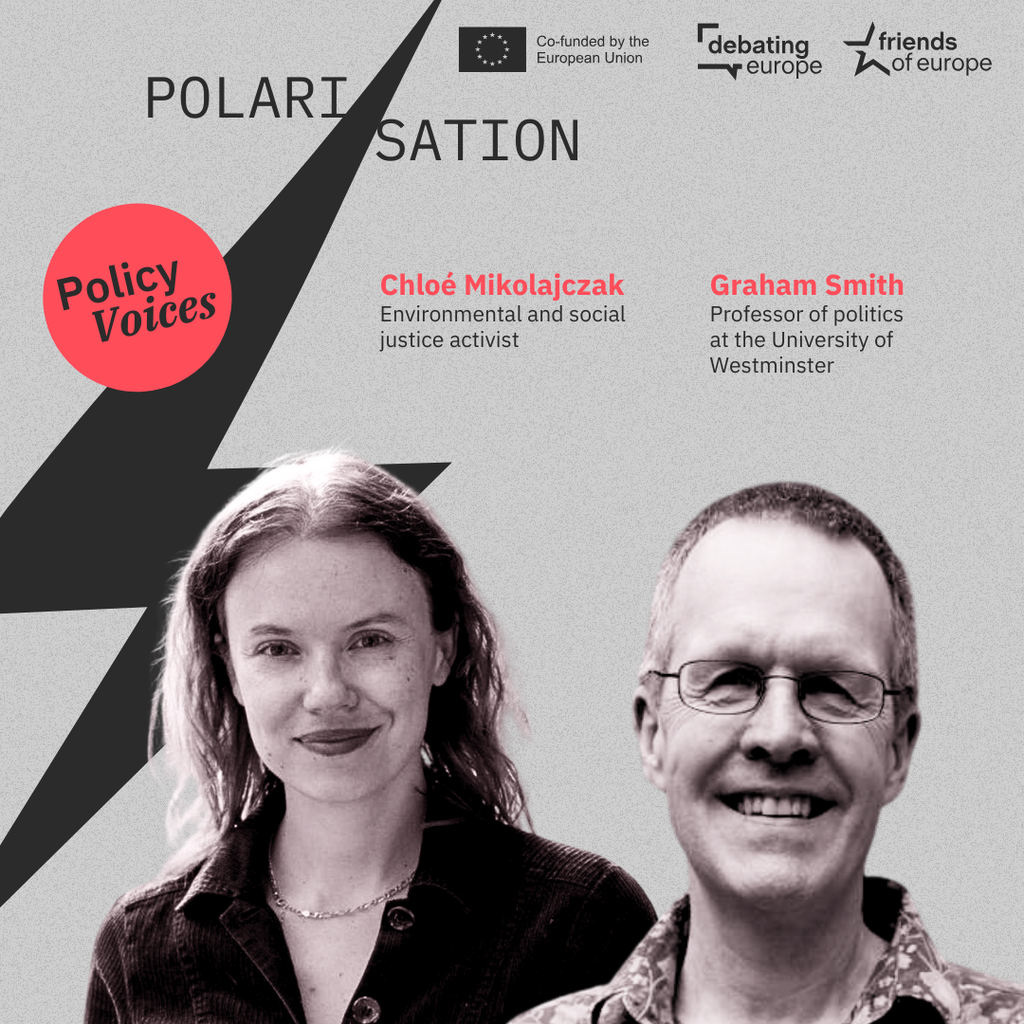
- Area of Expertise
- Climate, Energy & Natural Resources

- Area of Expertise
- Climate, Energy & Natural Resources

- Area of Expertise
- Climate, Energy & Natural Resources

- Area of Expertise
- Climate, Energy & Natural Resources
Continue
the debate on
- Debating Europe
